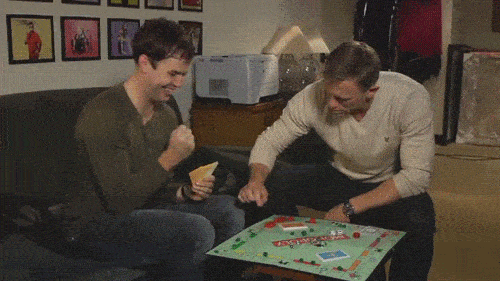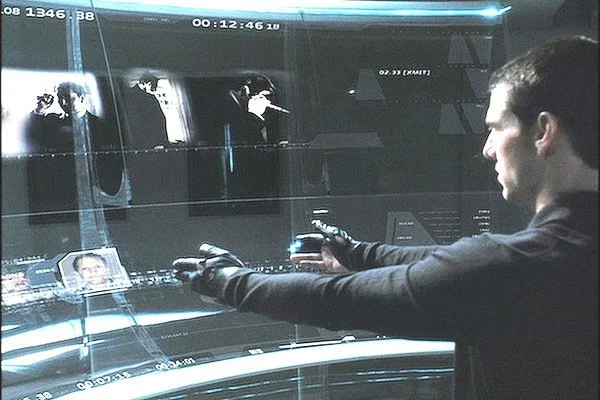Abstract strategy games are games with little to no theme, and no storyline. These games feature simple designs and mechanics and usually have perfect information with little to no elements of luck or randomness. These games are all about player skill and require a high level of strategy and/or tactics. Most of us are very familiar with traditional abstract strategy games like chess and Connect Four but we will be sharing some modern games that not only look good, fun to play but have a deep strategic play to match.
Hive is a highly addictive strategic game for two players that is not restricted by a board and can be played anywhere on any flat surface. Hive is made up of twenty two pieces, eleven black and eleven white, resembling a variety of insects each with a unique way of moving. With no setting up to do, the game begins when the first piece is placed down. As the subsequent pieces are placed this forms a pattern that becomes the playing surface (the pieces themselves become the board). Unlike other such games, the pieces are never eliminated and not all have to be played. The object of the game is to totally surround your opponent's queen, while at the same time trying to block your opponent from doing likewise to your queen. The player to totally surround his opponent's queen wins the game. If you think about it, the winning condition is not unlike the granddaddy of abstract strategy game Go (围棋) in which the strategic play is for a player to surround the opponent.
This is a wonderful game that is easy to bring to a picnic or even to a swimming pool as the pieces are plastic and can be kept in a small pouch. With a depth that beguiles it relatively cute form factor, this is a game that is great for developing a more strategic mindset and growing a long term planning outlook. The more you play, the more one is able to develop different plans and identify ways to seek a winning formula.
The Hive tiles




















